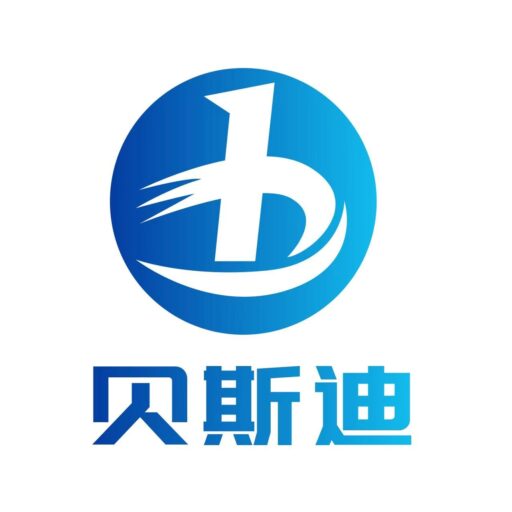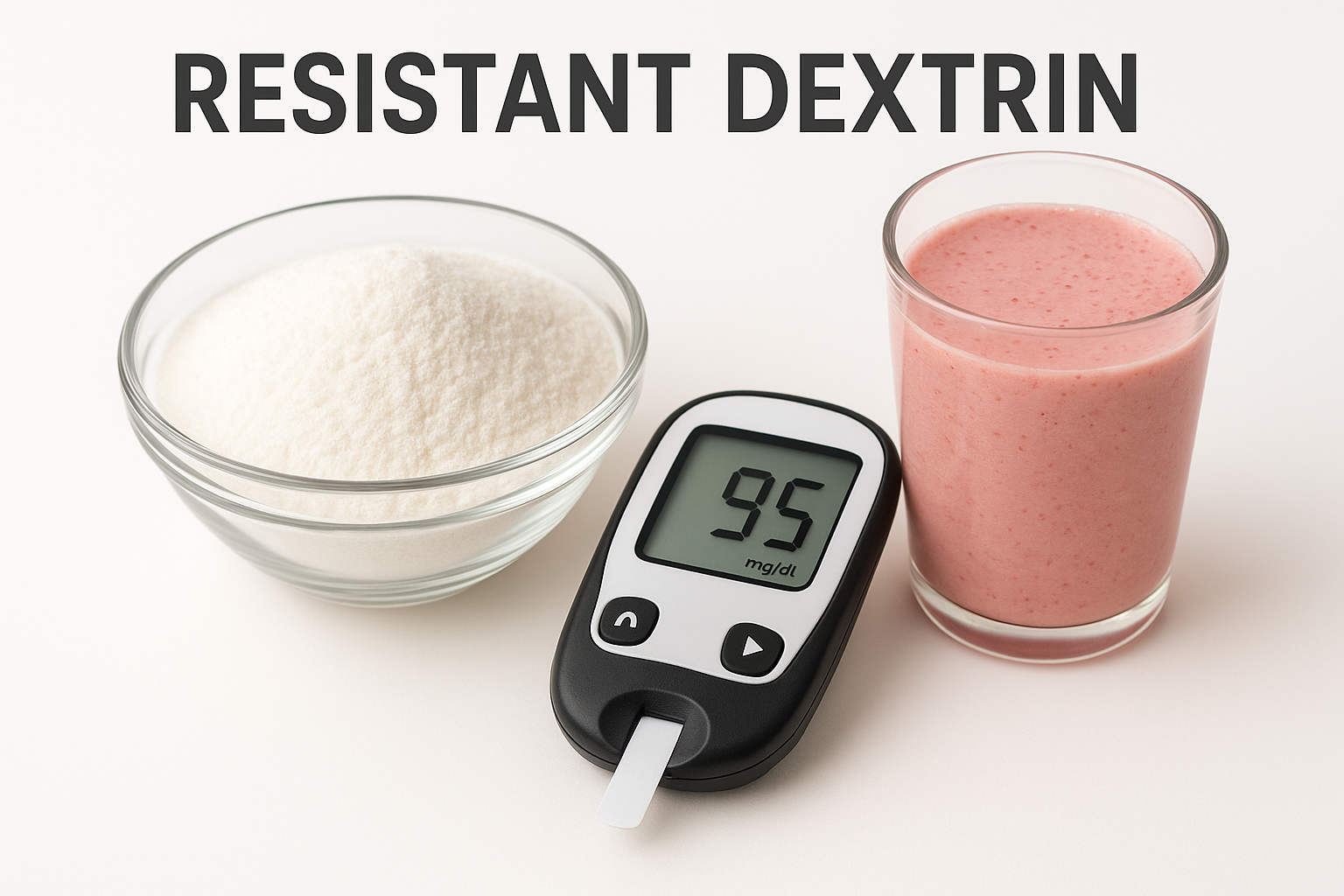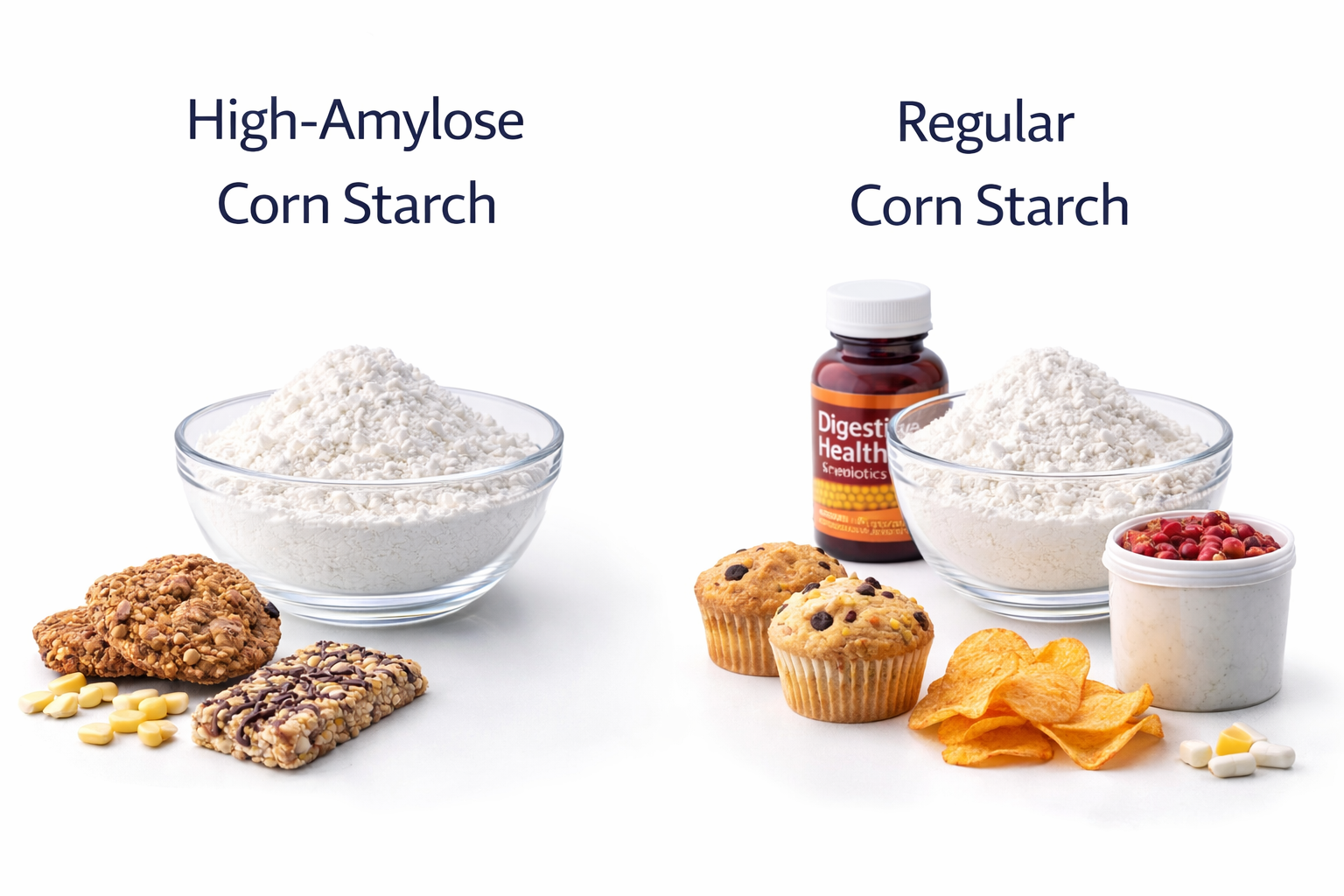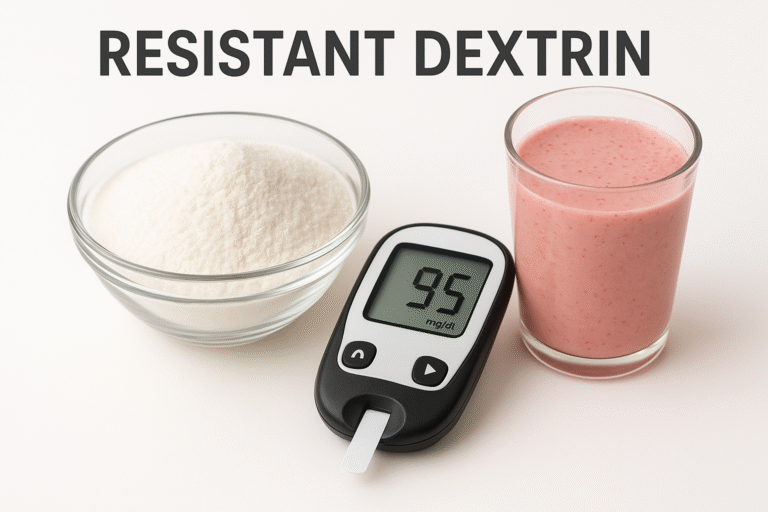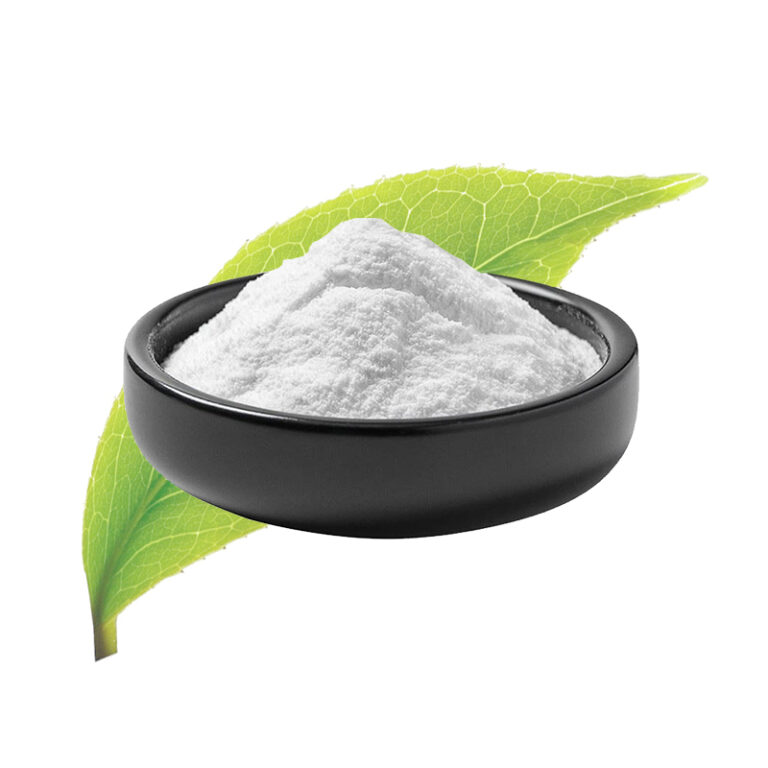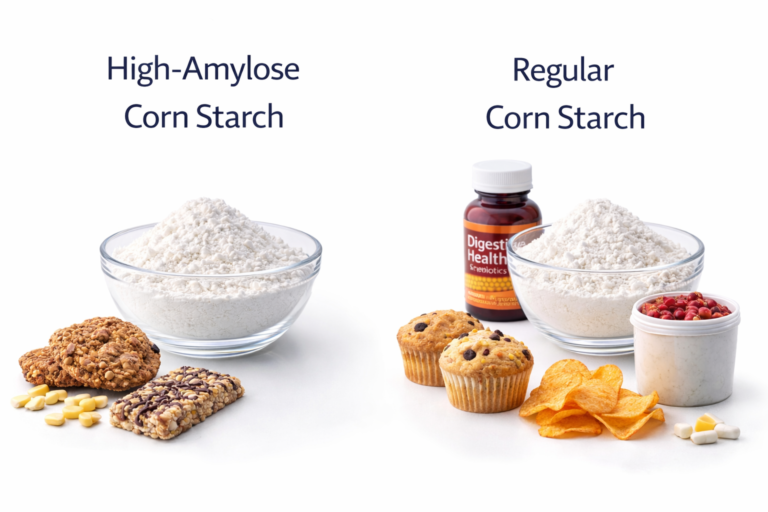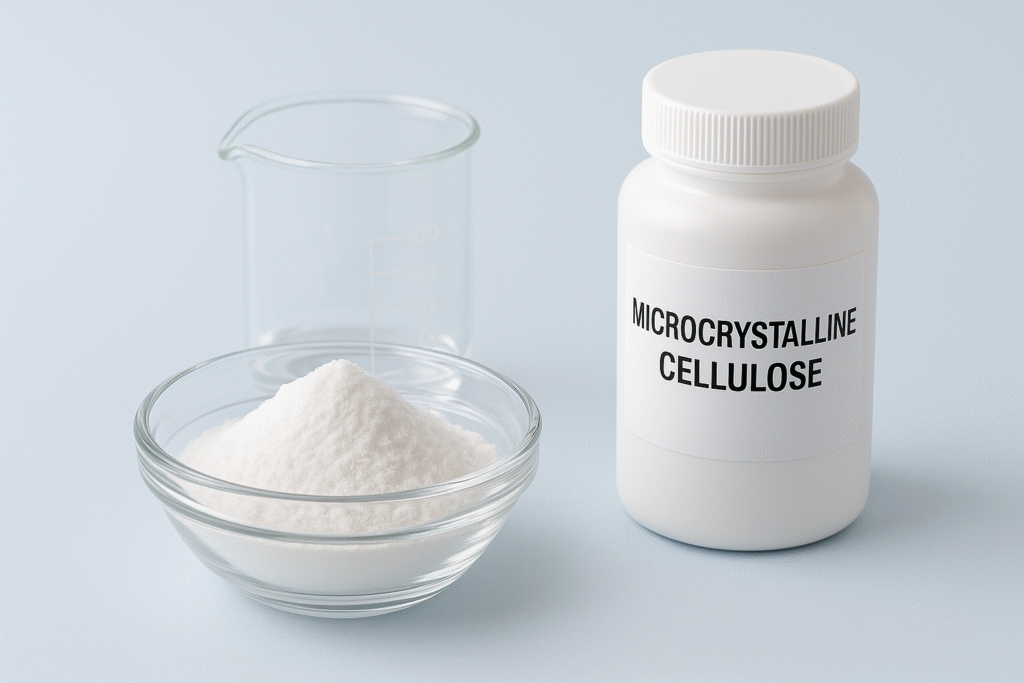
In today’s world of advanced nutrition and pharmaceuticals, consumers demand products that are safe, stable, and effective. However, manufacturers often face a hidden challenge — achieving the perfect balance of texture, stability, and bioavailability in tablets, capsules, and functional foods. When the excipient is not chosen carefully, products may lose quality, break easily, or show poor absorption rates.
This is where Microcrystalline Cellulose (MCC) becomes a game-changer. As a plant-derived, non-toxic, and highly functional ingredient, MCC supports modern food and pharmaceutical industries in meeting high performance standards. Its versatility allows it to act as a binder, filler, stabilizer, and texturizer all at once. Whether used in dietary supplements, tablets, or low-fat foods, MCC ensures consistent quality and smooth production efficiency.
For manufacturers looking to innovate responsibly, understanding the science behind MCC is essential. Its structure, purity, and processing define how it performs in various formulations. By mastering how MCC functions, businesses can design better products, save costs, and meet international compliance more easily.
Microcrystalline Cellulose (MCC) is a purified, partially depolymerized cellulose derived from natural plant fibers. It is widely used in pharmaceuticals, dietary supplements, and food applications as a multifunctional excipient. MCC works as a binder and filler in tablets, helping to improve compression strength, uniformity, and disintegration. In food products, MCC acts as a stabilizer and fat replacer, providing smooth texture without adding calories.
From a structural point of view, MCC is composed of crystalline regions of cellulose, which are formed after removing amorphous parts of the natural cellulose chain. This unique crystalline structure gives MCC its excellent compressibility, water-insolubility, and chemical stability. Its consistent particle size distribution and neutral taste also make it easy to blend with other ingredients.
Manufacturers prefer MCC because it meets multiple global standards such as USP, EP, and FCC, and is recognized as a safe, non-GMO, and non-allergenic ingredient. With proper particle engineering, MCC can significantly enhance tablet quality, prevent capping, and ensure precise dosage control.
In short, MCC is more than just an excipient — it’s a functional backbone that supports quality, efficiency, and reliability in modern food and pharmaceutical production.
Now that you understand what MCC is and why it matters, let’s explore its science in detail — from its molecular structure to its industrial applications. This deeper understanding can help manufacturers like you select the right MCC grade and optimize production efficiency.
Table of Contents
- What Is the Structure of Microcrystalline Cellulose?
- How Does Microcrystalline Cellulose Function in Formulations?
- What Are the Key Benefits of Using MCC?
- Why Is MCC Preferred in the Food and Supplement Industries?
- How Do Manufacturers Ensure MCC Quality and Purity?
- What Should You Consider When Choosing an MCC Manufacturer?
1. What Is the Structure of Microcrystalline Cellulose?
Microcrystalline Cellulose is derived from natural cellulose through partial hydrolysis. This process removes amorphous regions of cellulose and leaves behind crystalline areas. The resulting fine, white, odorless powder is composed of short, rod-shaped cellulose crystals. These microscopic particles provide high compressibility and a smooth surface texture, ideal for pharmaceutical use.
MCC’s structure is made of crystalline cellulose regions that give it excellent stability, flow, and binding ability.
To understand MCC’s performance, we must look at its molecular structure.
| Component | Description | Function |
|---|---|---|
| Crystalline cellulose | Ordered structure | Provides compressibility and strength |
| Hydrogen bonds | Between cellulose chains | Increases mechanical stability |
| Hydroxyl groups | Active sites on the surface | Improves binding and absorption |
The unique crystalline form prevents MCC from dissolving in water, but it swells when wet, improving tablet disintegration. Its high degree of polymerization ensures that tablets hold together firmly yet break down efficiently inside the body.
- The crystalline form of MCC defines its superior mechanical strength.
- MCC’s hydrogen bonding network enhances its binding and stability properties.
2. How Does Microcrystalline Cellulose Function in Formulations?
In both food and pharmaceutical applications, MCC acts as a multi-functional excipient. It serves as a binder, filler, anti-caking agent, stabilizer, and texturizer.
MCC improves texture, stability, and consistency in tablet and food formulations.
MCC performs several functions simultaneously:
| Function | Application | Effect |
|---|---|---|
| Binder | Tablet formulation | Ensures compactness and uniformity |
| Filler | Capsules & powders | Maintains consistent weight |
| Stabilizer | Emulsions | Prevents separation |
| Texturizer | Food & beverages | Improves mouthfeel |
Because MCC is inert and non-reactive, it blends easily with both active ingredients and additives. It ensures that tablets disintegrate properly and enhances the sensory quality of low-fat foods.
- MCC enhances both physical stability and product uniformity.
- MCC is compatible with a wide range of ingredients, reducing formulation risks.
3. What Are the Key Benefits of Using MCC?
Manufacturers choose MCC not only for its functionality but also for its regulatory safety and versatility.
MCC improves product quality, stability, and cost-efficiency.
| Benefit | Description |
|---|---|
| High compressibility | Enables efficient tablet formation |
| Non-reactive | Suitable for sensitive ingredients |
| Consistent quality | Supports global standard compliance |
| Easy processing | Reduces production time |
MCC supports clean label trends because it’s plant-based, non-GMO, and chemical-free. It also improves product shelf life and uniform texture.
- MCC contributes to both product performance and cost reduction.
- MCC supports clean-label manufacturing for natural product lines.
4. Why Is MCC Preferred in the Food and Supplement Industries?
In food and dietary supplements, MCC is highly valued for its safety and performance.
MCC adds texture, stability, and uniformity without altering flavor or nutrition.
MCC acts as a fiber source, stabilizer, and calorie-free bulking agent. It helps low-fat foods mimic the creamy texture of fat-based formulas.
| Industry | Function | Result |
|---|---|---|
| Food | Fat replacer | Smooth texture |
| Supplements | Binder/filler | Stable tablets & capsules |
- MCC helps manufacturers meet the rising demand for low-fat and natural foods.
- MCC ensures uniformity and appearance in supplement tablets.
5. How Do Manufacturers Ensure MCC Quality and Purity?
Quality assurance is critical in MCC production. Manufacturers follow international standards and use advanced testing.
Strict GMP and ISO standards ensure MCC’s safety, purity, and consistency.
Quality control involves physical, chemical, and microbial testing.
| Test Type | Purpose | Instrument |
|---|---|---|
| Purity | Detect impurities | HPLC |
| Moisture content | Ensure stability | Karl Fischer titration |
| Particle size | Control flow and compression | Laser diffraction |
- Certified manufacturing ensures MCC meets global regulatory requirements.
- Quality consistency is the foundation of MCC’s global trust.
6. What Should You Consider When Choosing an MCC Manufacturer?
Selecting a reliable MCC supplier is vital to product success.
Choose manufacturers with GMP facilities, technical support, and global certifications.
When evaluating suppliers, consider:
| Factor | Importance |
|---|---|
| Certification | Confirms compliance (ISO, HALAL, KOSHER) |
| Technical support | Provides formulation solutions |
| Production capacity | Ensures consistent delivery |
| Customization | Allows tailored particle size and flow properties |
- Strong technical support differentiates premium MCC manufacturers.
- Certified production builds customer confidence and long-term partnerships.
Microcrystalline Cellulose has become an essential ingredient in modern food, supplement, and pharmaceutical industries. Its unique crystalline structure, versatility, and safety make it a foundation for high-quality product design. Manufacturers who understand MCC’s science can better optimize formulations and improve efficiency.
At Besty Pharma, our factory specializes in the production of high-purity Microcrystalline Cellulose that meets global quality standards, including ISO, HALAL, and KOSHER. With advanced GMP-certified workshops and automated production lines, we supply consistent, non-GMO MCC for dietary supplements, pharmaceuticals, and functional foods. Our technical team provides full OEM/ODM support and customized solutions for clients worldwide — helping your brand achieve product excellence and regulatory confidence.
